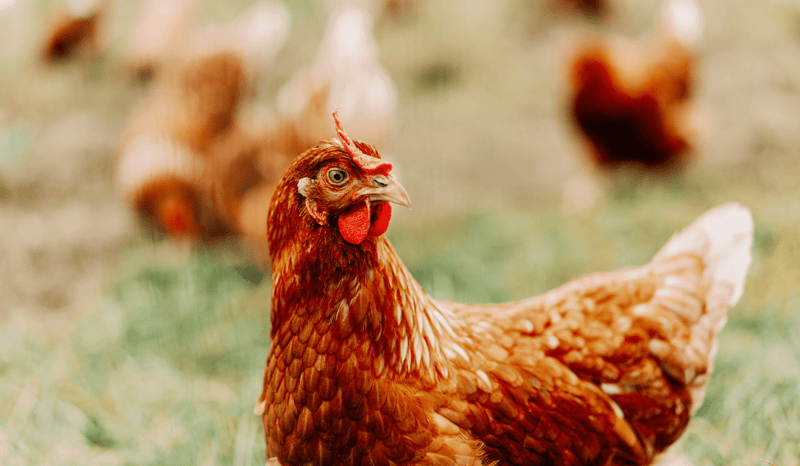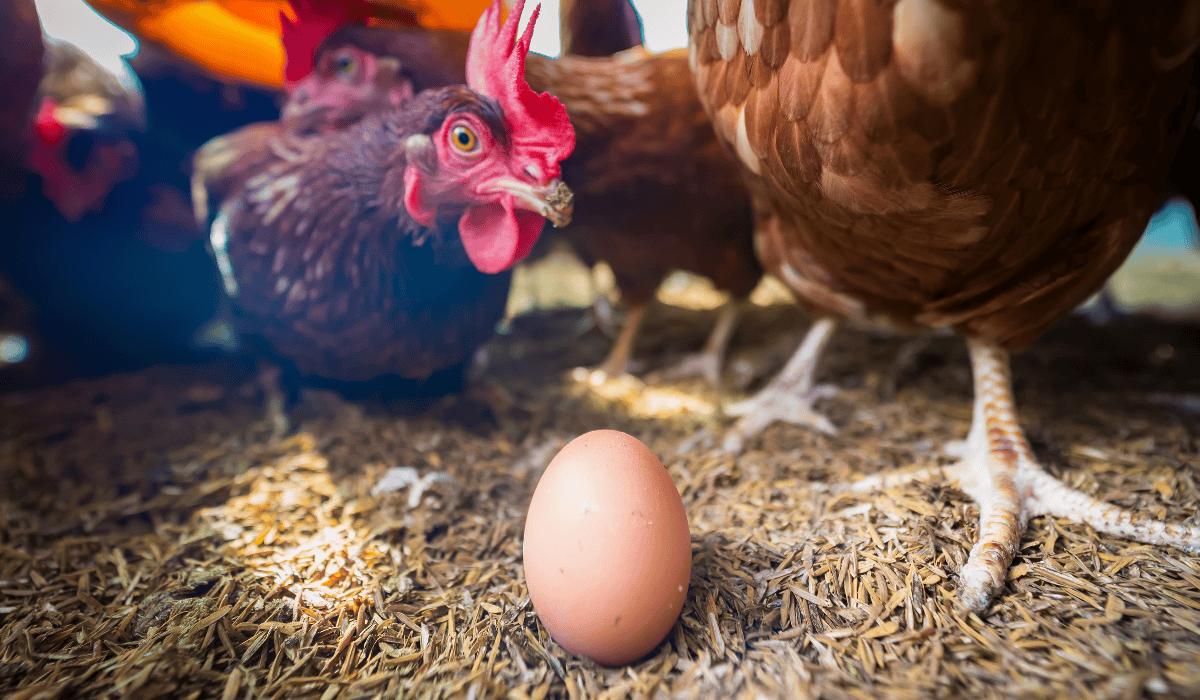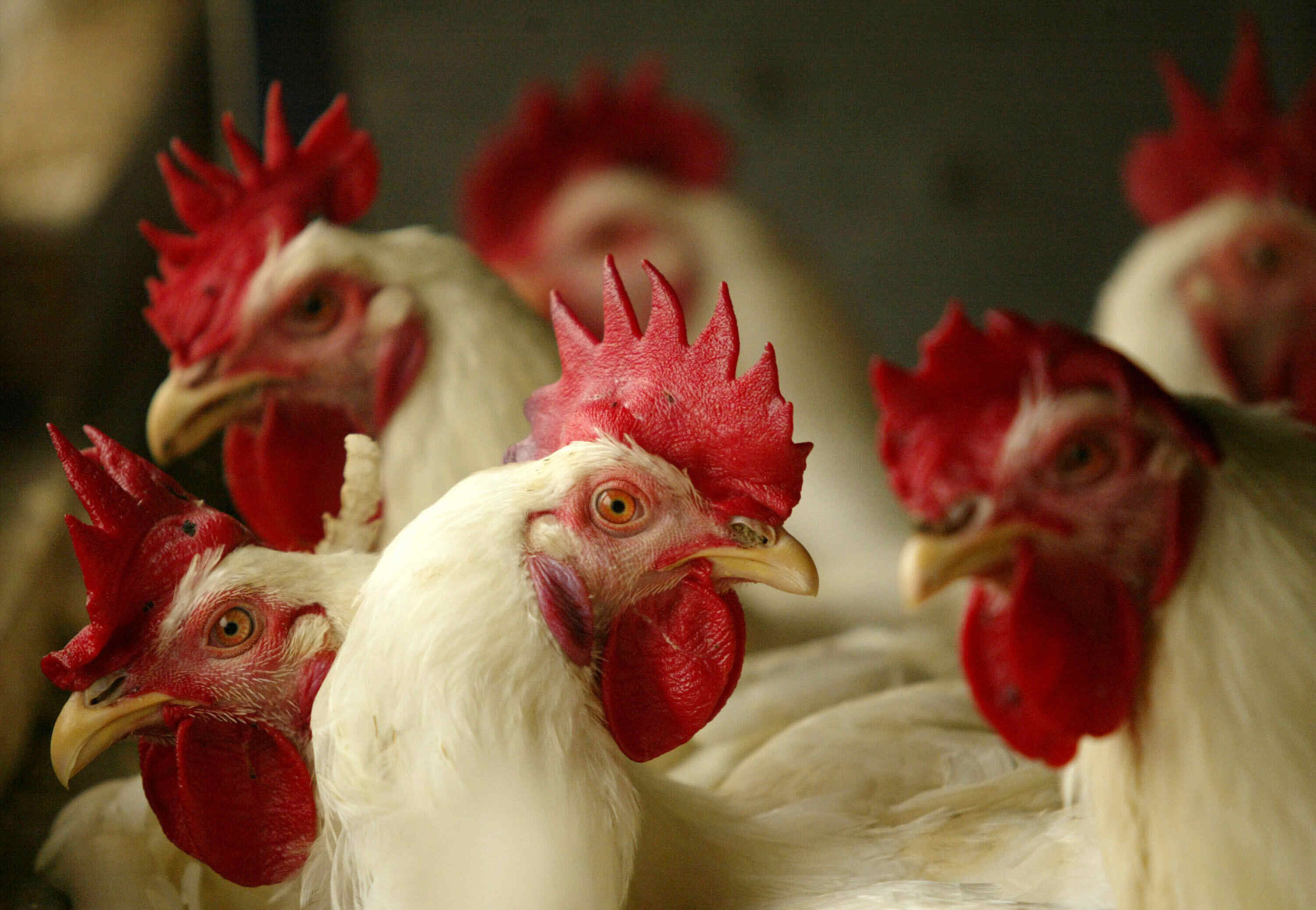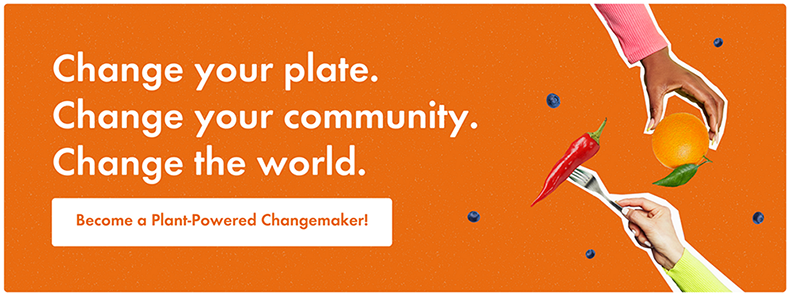
The Lifespan of a Chicken: What You Need to Know About Egg-Laying and Life on the Farm
Blog
Discover how long chickens live, how many eggs they lay, and the harsh reality of battery cages.
Chickens are by far the most common farmed animals in the world, yet many of us don’t know much about their lives—how long they live, why they lay eggs, or the reality behind commercial egg production. Understanding the truth about chickens helps us make more compassionate choices for animals.
How Old Do Chickens Live?
A healthy chicken can live 8 to 10 years—sometimes even longer with good care. Backyard chickens often enjoy lives full of exploration, socializing, and natural behaviors. In fact, the oldest chicken lived to be 21 years old!
But hens exploited for their eggs on commercial farms face a very different reality. Their lifespan is drastically shortened. In factory farms, hens are usually kept for about 12 to 18 months before they are slaughtered—even though they’re still young by natural standards.
How Many Eggs Does a Chicken Lay?

A non-commercial hen (such as red junglefowl—a hen’s wild counterpart) has a natural egg production of roughly 10 to 15 eggs per year, but commercial laying hens are bred and managed to lay far more—often over 300 eggs annually. This intense production is physically demanding and stressful for the birds.
How Do Chickens Lay Eggs?
Hens don’t need a rooster to lay eggs—egg-laying is a natural biological process that happens in cycles. Typically, a hen produces one egg roughly every 24 to 26 hours during “peak production.” The process begins when the yolk develops in the ovary, travels through the oviduct, where layers of egg white and shell are added, and finally, the egg is laid.
Why Do Chickens Lay Eggs?
In the wild, hens lay eggs to reproduce and hatch chicks. Their bodies are designed to incubate and raise their offspring. Without fertilization by a rooster, the eggs won’t develop into chicks, but hens will still lay eggs regularly because of their natural reproductive cycle.
What About Broiler Chickens?
Chickens exploited for meat are called “broilers” by the industry. They have been selectively bred to grow at an unnaturally rapid pace—and are slaughtered in just six to seven weeks, compared to a natural lifespan of 8 to 10 years.
This accelerated growth causes severe health problems, including heart failure, leg deformities, and difficulty breathing. These birds are usually kept in crowded, windowless sheds with limited space to move, which compounds their suffering.
Unlike laying hens, broilers don’t produce eggs—their entire “purpose” in industrial farming is to be raised quickly and slaughtered young for meat.
Battery Cages: A Cruel Reality
Sadly, the majority of eggs sold commercially come from hens confined in battery cages—tiny wire cages so small hens can’t even spread their wings. These cages prevent natural behaviors like dust bathing, nesting, and perching, leading to physical and psychological suffering.
Battery cages also contribute to the shortened lifespan of hens because the birds endure chronic stress, injuries, and weakened immune systems. Thankfully, some countries and states, like California, have banned or are phasing out battery cages, but they are still widely used globally. Many companies, after pressure from advocacy groups, have also committed to sourcing from only cage-free egg producers and are working to meet these commitments. This is a step in the right direction, but conditions in cage-free housing often don’t align with the public’s expectations and maintain many attributes of factory farms.
What Can You Do?
Reducing or eliminating your egg consumption—and enjoying plant-based egg alternatives instead—can help reduce the demand for eggs produced in cruel conditions. Every compassionate choice supports a future where hens can live longer, healthier lives—free to behave naturally and without confinement.
Ready to get started? Join World Animal Protection’s FREE online community, Plant-Powered Changemakers, for tips, tricks, and egg-free alternatives today!

